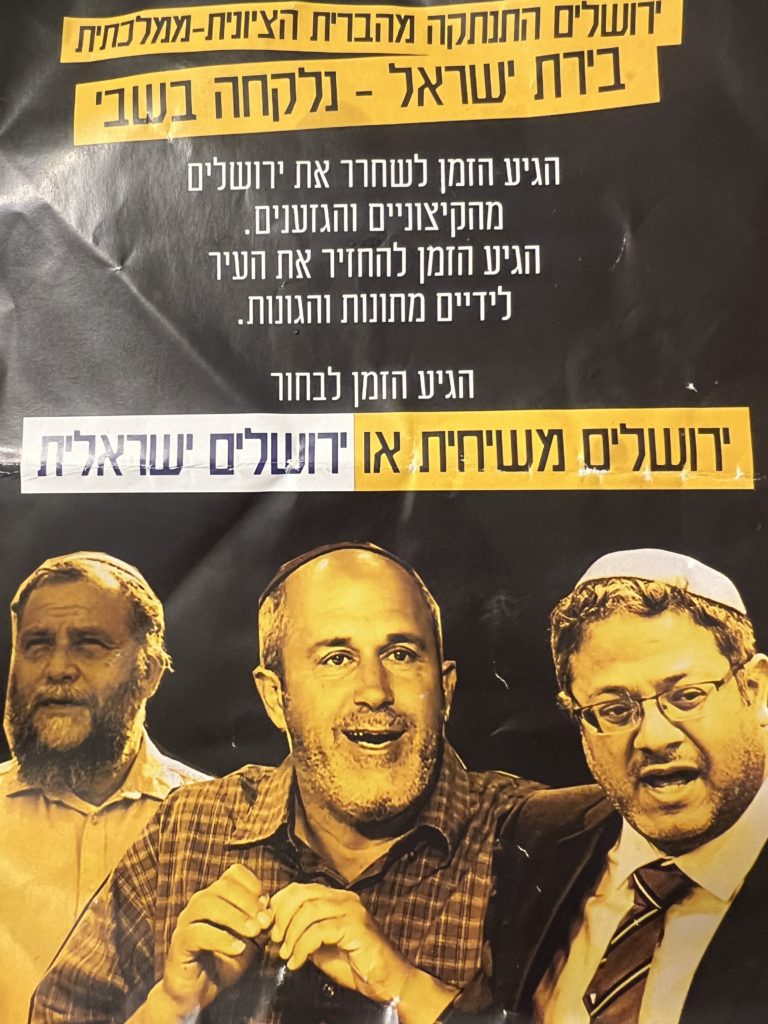When our kids were turning from teenagers to young adults, we discovered a painful truth about Pesach: none of us really like it. The cleaning, the banishing of all the foods we normally enjoy the rest of the year, the matza-fueled constipation, and most of all, the long and at times seemingly irrelevant Haggadah that extends the Seder into the wee hours of the night when all you want is a soft matzo ball and softer bed.
We haven’t given up on Pesach, but we’ve tried over recent years to inject some humor into the proceedings.
That’s why I was delighted to discover the parody Haggadah, For This We Left Egypt? by humorists Dave Barry, Alan Zweibel and Adam Mansbach.
Published in 2017, For This We Left Egypt? is both loving and irreverent. It covers the entire narrative, not just a portion, and as such can be used as a “straight” Haggadah, although it’s entirely in English as the authors admit they can’t read the Hebrew themselves.
“For all we know, it’s a Hebrew repair manual for a 1972 Westinghouse dishwasher,” they quip.
As an affectionate parody, For This We Left Egypt? is full of jokes. Not every attempt at Haggadah humor works, but there are a few zingers worth repeating in this belated book review.
For example, For This We Left Egypt? concurs with our family’s distancing from Pesach. “Many young Jewish people today would rather undergo amateur eyeball surgery than sit through a lengthy and boring Seder.”
As someone who has had actual eyeball surgery, I can attest that the Seder is not that bad.
As an Israeli reader of For This We Left Egypt? some of the quips were a tad too American for me. When the Israelites made camp in the foothills of Mount Sinai, this new Haggadah relates that it was “hard because Jews are not into camping. Our idea of roughing it is a hotel where the breakfast buffet does not have an omelet station.”
But we Jews of Israel love sleeping under the stars (although we wouldn’t say not to a lavish breakfast buffet).
Guilt plays well no matter which Jewish community you’re in. So, when Moses learns he won’t be allowed into the Promised Land, he takes it stoically. “I’ll just go up on Mt. Nebo and die. Alone. After all I’ve done for you. It’s fine. Really.”
Barry and his co-writers clearly are not fans of cleaning for Pesach, at least not by their definition of chametz as “bread, pizza, crackers, fortune cookies, soft drinks, vodka, tooth whiteners, certain tropical fish, and all IKEA furniture.” Fortunately, “not all breakfast cereals are chametz. Froot Loops, for example, are made of compressed medical waste, so they’re fine.”
Good thing I don’t like Froot Loops.
For This We Left Egypt? has some other food recommendations. Make sure your gefilte fish is “wild and sustainably caught. Avoid farmed gefilte fish if possible.” Also make sure to have on hand “a carafe of Long Island Iced Tea for Elijah.” We all know that Elijah is going to need a shot of vodka if he’s going to make it through the long night.
Ever wondered why we wash our hands symbolically at the Seder table before eating the carpas? The Haggadah has an answer.
“After forty years under the scorching desert sun, the Israelites were totally disoriented. Whenever they asked Moses, ‘Have we washed our hands?’ he invariably replied, ‘I don’t remember. Let’s wash them again, just to be on the safe side.’”
Millenia-old debate resolved.
In the “discussion” prompts on the Four Questions, Barry, Zweibel and Mansbach ask, “Have you ever met a child who cannot ask a question? Wouldn’t it be great if such a child existed, especially on long car trips?”
Moses listened to God at the Burning Bush because “when a divine all-powerful flaming shrubbery tells you to do something, you do it,” which was clearly the influence for Monty Python and the Holy Grail’s “Knights Who Say Ni,” who demand from King Arthur a shrubbery in order to pass.
Pharaoh is described as a “schmuck with the IQ of a glazed doughnut.” Or as we’d say in Israel, “a maniac with the smarts of a sufganiah.”
This Haggadah wonders if Manischewitz wine could be considered an 11th plague. Manna is dubbed “divine dandruff.” Matzah is the perfect food to take to the desert, as it was “not only very lightweight but could also be used as both a weapon and a building material.”
As we near the end of the Haggadah, Barry and his co-conspirators address the question of who should hide the afikomen – the parents or the kids?
If the kids hide it, they can hold the Seder ransom until they get a new Nintendo Switch. If the adults are in charge, they will hide it either in “someplace too obvious, resulting in a super lame afikomen hunt, or they will hide it someplace too clever, resulting in the total meltdown of every child under six. To avoid all of these scenarios, you may wish to follow one simple rule: Do not have children.”
Not a very Pesachdik suggestion.
And then who would be present to query if Elijah were in fact to drink from the cup of wine set aside for him, “Would the wine pass through him, ghost-style, and end up on the rug?”
Good old Elijah, the incontinent prophet.
Finally, For This We Left Egypt? asks: Why just four cups of wine? Why not a fifth, a sixth, a seventh? After all, “There’s no point in letting good wine go to waste.”
Unless all you’ve got left on the table is more Manischewitz.
I first wrote about this new Haggadah for The Jerusalem Post.
Pesach photo by Alex Shute on Unsplash
From Loops photo by Jessica Neves on Unsplash
{ 0 comments }









